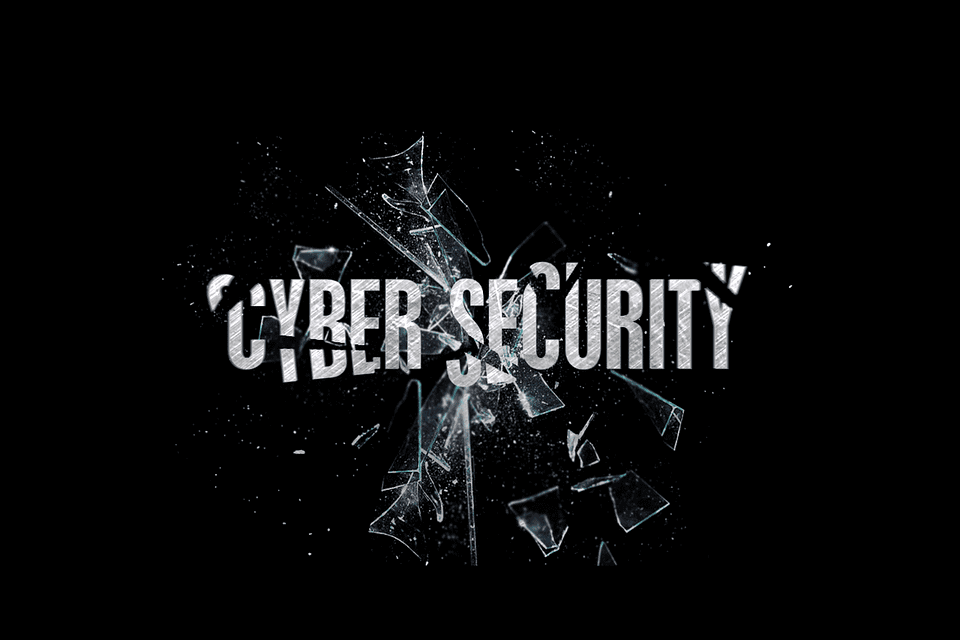Today it’s not just about teaching people to be safe during a browsing session. Life is a browsing session and next year and beyond we need to be ready to do so safely.
Do you ever feel like people don’t take internet security as seriously as they used to?
The advent of the internet and each incremental change that came with it throughout the 20th and 21st centuries brought unique cyber scares. These days, everyone walks about with a supercomputer in their pocket and people seem surprisingly less concerned about their online security than ever before.
Sure, people are worried about social media knowing their inner thoughts and countries using their data to incriminate them — but the everyday concerns of internet security? They’ve never felt less prevalent in everyday life.
That doesn’t mean they’re not important though. In fact, we might be living in the most challenging period of cybercrime and data security humans have ever faced. There might not be the TV news scare campaigns about hacking, but it’s more important than ever that the public understand internet security and how to protect their information.
A world still working remotely?
It’s not absurd to say that in 2021 we could still be looking at a mostly remote workforce worldwide.
Many of the top tech companies in the world have already committed to keeping their staff out of the office for the remainder of the year. With no vaccine on the horizon, it’s difficult to imagine a world in which offices are full throughout prime flu season with COVID still a pressing issue.
With that in mind, companies and individuals will have to tighten up their internet security protocols at home. Companies should have been using VPNs, firewalls and two-step authentication as part of their remote working policy to protect their company and personal data — and these measures should continue throughout any further remote working periods.
Bosses are no longer just company leaders, they need to be vocal pioneers for internet security. Outline proper and improper use of equipment. Detail common risks to look out for. Make sure people are paying attention in both their professional and private lives as the two have never been so greatly intertwined.
If you’re just now realizing you’ve been unwittingly putting your company at risk this whole time don’t fret. Although cybersecurity feels like a vast, complicated beast it’s not impossible to rectify the situation quickly.
Simple phishing scam analysis can be taught easily (techrepublic.com has a great guide here). You can find a free VPN to protect your staff’s local network with this guidance from WhatIsMyIPAddress.com. It may seem alien at first, but a lot of cybersecurity is entangled in our work lives and can be picked up with minimal effort.
The constantly evolving face of cybercrime
Coronavirus hasn’t just taught us about crisis management, human resilience and what we should really value in life, it’s also exposed a whole society to the modern face of cybercrime.

Rather than this exposure leading to a greater sense of who is scamming innocent people and why they’re doing it, the pandemic has instead provided an opportunity for hackers to evolve and develop new techniques.
Remote working (as touched upon earlier) has provided cybercriminals with an opportunity to target less internet-savvy workers who are now monitoring data alone from their own homes. Their targets are less informed than ever before, lacking company-wide protection and a more knowledgeable manager looking over their shoulders.
Cybercriminals quickly caught onto what people were doing when working remotely, what challenges they’d face and how to expose these weaknesses. Fake Zoom invites quickly became a common way of hijacking passwords and private data from unsuspecting office workers trying to log into virtual meetings for the first time. This kind of unfamiliarity presents remote workers and businesses with a challenge going into 2021 — tighten up your processes and educate.
If these criminals are to continue evolving their techniques and latching onto new trends faster than solutions can be devised, then companies need to take security into their own hands and have strict protocols and remote access policies — particularly surrounding proper use.
More digital every day
We live in a society becoming increasingly more digital every day.
Technology has changed how we handle our finances, build intimate relationships and explore our artistic passions. While it’s up for debate whether or not things are better overall — there’s no denying it’s here, and we’re essentially at a point of no return.
That means we need to deal with the challenges and problems that come with a more digital society.
Keeping yourself secure online is no longer a matter of having a strong password and being able to recognize a spam email. Your bank account, personal conversations and daily schedule are all digital and spread across multiple devices. There’s no room to slack any more – one misstep could put you in serious trouble.
While most people have nothing to fear and follow basic security measures (this Australian report shows a small number of people are financially affected by scams), there are some who will be targeted by cybercriminals in their lives and once you and your data have been compromised, you’re often more likely to fall victim again.
In 2021, it’s likely even more of what we do will become digital. It’s hard to predict what facet of our lives will be put behind a blue light lit screen next, but it’s just a matter of time and regular people need to incorporate internet security into every stage of their day-to-day existence.
Internet security has always been important – but it is now so more than ever before. Today it’s not just about teaching people to be safe during a browsing session. Life is a browsing session and next year and beyond we need to be ready to do so safely.


Join the conversation!